Info-graphics of the Everyday
)
An in-conversation with artists Chad McCail and Amrit Randhawa (Taxi Cab Industries), chaired by Robert Parkinson (the Whitworth)
Chad McCail was born in 1961 in Manchester and grew up in Edinburgh. He lives and works in Thankerton, South Lanarkshire. Having first read English at the University of Kent, he later graduated in Fine Art from Goldsmiths College, London, in 1989. Chad McCail's work explores how our institutions, social hierarchies and economic systems condition how we relate to one another. It also presents alternative ways of organising and offers different visions of the future. Always figurative and frequently accompanied by short texts, his work uses various simple graphic styles to tell complex stories. Cartoon storyboards have explored the UK's post-war financial development and the origins of compulsory education, a cut-away school exposed a repressive conditioning process and a sequence of gouache paintings presented an imaginary puberty rite. Posters for public display have included a series of idealistic proposals. Recently a large drawing, evoking the power of the many against the few, was translated into a three-dimensional lay-out. His work has been exhibited widely both in the UK and abroad and is held in major collections including MOMA, New York and MAMCO, Geneva. His work has been sustained by his activities in the village where he lives. For many years he has run art classes, producing exhibitions and staging annual street-theatre productions. In 2014 he made a mural with local people in Dagenham and returned there in 2016 to produce a pantomime. Last year Distanz published Giants, a 330 page monograph about his work. He has just completed a mural for Millfield Metro Station in Sunderland and in September he exhibited at Turntable Gallery in Grimsby.
Amrit Randhawa (b.1996, Stockport) is an artist and designer based in Manchester, UK. He works primarily with typography and image-making under the moniker, Taxi Cab Industries. Randhawa’s practice is rooted in the limitations and failures of communication, and how misunderstandings can arise from ineffective communication, both visually and textually. His work often re-contextualises day to day language, symbols and ideas and positions them into contextless works. His work spans printed matter, publications, digital outputs, painting and textiles. For Randhawa, his visual practice allows for a reflection on modern day alienation, and both the immediacy and complexity of a globalised world. Drawing upon a range of historical and cultural contexts, Randhawa’s work considers the detachment from civic life, which marks our time.


